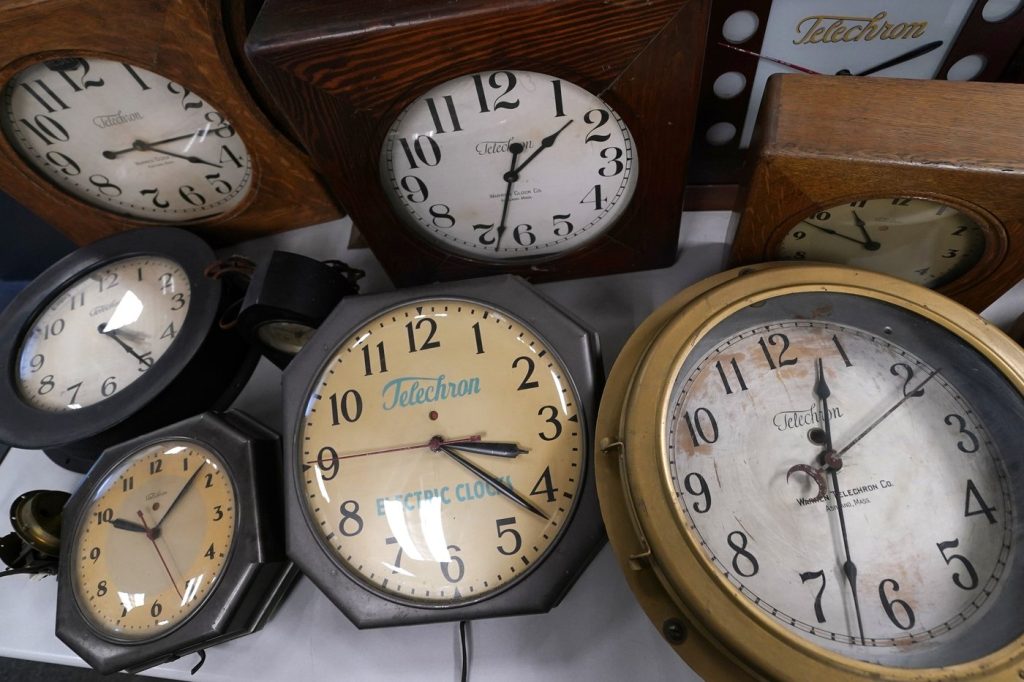Kerry visits Israel, West Bank for 1st time since 2014; new spat over settlements emerges
Posted Nov 23, 2015 08:34:07 AM.
Last Updated Nov 24, 2015 05:07:16 PM.
This article is more than 5 years old.
JERUSALEM – A new spat emerged between the Israeli government and Washington over Jewish settlements on Tuesday, as U.S. Secretary of State John Kerry visited Israel and the West Bank for the first time in more than a year.
As Kerry set aside his goal of a long-sought peace accord to make way for more modest hopes of an end to two months of deadly violence, Israeli Prime Minister Benjamin Netanyahu called for the recognition of some existing settlement blocs in exchange for steps to ease tensions with the Palestinians.
In Washington, the State Department quickly rejected any suggestion the U.S. would alter its longstanding opposition to settlements or recognize them as legitimate outside of a peace agreement.
There were no signs that Kerry made headway in easing tensions during his meetings with Netanyahu and Palestinian President Mahmoud Abbas. As Kerry’s plane touched down, a Palestinian motorist rammed his vehicle into a group of Israeli soldiers, wounding three, before the attacker was shot and wounded, the Israeli military said. It was the latest in a spate of violence that has sunk the chances of a renewed peace push during the Obama administration’s final year.
Kerry, whose nine-month peace mediation between the parties collapsed in April 2014, reiterated the American goal of establishing an independent Palestinian state alongside Israel. But he made no mention of reviving peace talks.
Alongside Netanyahu, Kerry noted Israel’s obligation to defend itself from “attacks in the streets with knives, with scissors, with cars.” When he met Israeli President Reuven Rivlin, he said the shootings and stabbings were a “challenge to all civilized people.”
None of the leaders themselves offered any encouragement that peace might be possible right now.
“There can be no peace when we have an onslaught of terror, not here, not anywhere else,” Netanyahu said.
The current spike in violence erupted in mid-September over tensions surrounding a sensitive Jerusalem holy site and quickly spread across Israel and into the West Bank and Gaza Strip. Nineteen Israelis have been killed, mostly in stabbings. Israeli fire has killed 89 Palestinians. Israel says 57 of these were attackers, while the rest died in clashes with security forces.
In addition, Ezra Schwartz, an 18-year-old from Kerry’s home state of Massachusetts, was killed in a West Bank shooting last week. Kerry mentioned Schwartz twice by name.
The larger vision of a two-state solution has been the centerpiece of American foreign policy in the Middle East for decades. Given the level of violence, Kerry acknowledged ahead of his trip that ambitions would be scaled back, saying he would be seeking steps “that could calm things down a bit.”
Israel says the outburst of violence is the result of incitement by Palestinian political and religious leaders. The Palestinians say it is the result of nearly half a century of Israeli occupation and frustration over repeated failures in peace efforts and a lack of hope for gaining independence.
An Israeli official said Netanyahu complained to Kerry about alleged Palestinian incitement and said any confidence-building gestures for the Palestinians would first require calm.
The official, speaking on condition of anonymity because he was discussing closed meetings, said that in return for such steps, including approval of building permits for Palestinian projects, Netanyahu demanded international recognition of major Israeli settlement blocs in the West Bank that Israel hopes to keep under a future peace deal.
Without confirming Netanyahu’s demand, State Department spokesman Mark Toner categorically rejected that possibility.
“It’s a big no,” he told reporters when asked about the Israeli official’s comments.
“We’re not changing the decades-old U.S. policy regarding settlements,” he said, noting that every administration since 1967 has opposed them because they are an obstacle to a two-state solution.
“The U.S. government has never defended or supported Israeli settlements and activity associated with them, and by extension, does not pursue policies that would legitimize them,” Toner said.
The Palestinians and the international community, including the U.S., reject all settlement activity as illegal or illegitimate. The official said Israel would not agree to any freeze in settlement construction. The Palestinians seek all of the West Bank, captured by Israel in 1967, as the heartland of their future state.
In the West Bank, Kerry said the situation for Palestinians is “very dire” and assured them the U.S. wants to “help contribute to calm and to restore people’s confidence in the ability of a two-state solution to still be viable.”
Palestinian official Saeb Erekat said Abbas called on Israel to commit to the two-state solution and provided Kerry with evidence that Israel is “destroying” that goal through continued settlement construction.
Before Tuesday, Kerry had visited Israel and the Palestinian territories only once since the latest peace process collapsed, in July 2014. He met with the two leaders last month, in Europe and in Jordan, in an earlier attempt to halt the current round of fighting.
America’s broader concerns are the same and Kerry almost surely pressed both sides in private to avoid provocative actions. For the Israelis, that means holding off on settlement construction. For the Palestinians, it means ending incitement to violence.
___
AP Diplomatic Writer Matthew Lee in Washington contributed to this report.








